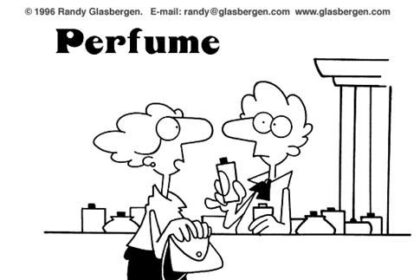As a child, I often daydreamed about who I could become — a lawyer in court, an astronaut among the stars, or simply someone with enough money to buy all the sweets I craved. Back then, the world felt limitless. But as I grew older, those endless possibilities shrank into just three “respectable” careers: doctor, lawyer, or engineer.
It’s quite odd — almost bizarre — how society has narrowed down our dreams based on judgements and outdated ideals. All because Auntie Shagufta, a mother among many, has an engineer son who has a 9 to 5 and a ‘stable’ income but no visible hobbies or passions. He seems to have traded joy for security. It isn’t easy to comprehend that somehow such an occupation is what our society has determined as the gold standard of success. However, I understand that I’m not the only one feeling overwhelmed by these oppressive expectations.
Breaking Free from Pakistan’s Career Trap
What’s more frustrating is the fact that such professions, specifically engineers in Pakistan, are worshipped while individuals aspiring for pure sciences are pushed to the background and considered a luxury. It’s tragic how our culture treats engineers as unquestionable role models while scientists are treated as expendable. Our obsession with engineering as a path of respectability and future opportunities reflects a deeply colonised mindset — where applied knowledge is appreciated, but inquiry and reasoning are seen as extravagance. It’s ironic — apparently, we can’t afford innovation in a world which thrives on it.
Innovation or Illusion
How many Albert Einsteins, Schrodingers, and Al-Khwarizmis have we lost in this narrow-minded rat race? In Pakistan, pursuing pure sciences is looked down upon, and if you are ambitious, you must go abroad. Look at Dr Asad Abidi, whose work at UCLA revolutionised wireless technology, or Dr Naweed Syed, who managed to connect brain cells to a silicon chip in Canada. All these scientists have one thing in common — their achievements did not happen in Pakistan. What drove them away was not lack of talent but lack of institutional support — research funding, labs, and a culture that values inquiry. Imagine the horror if they were here — had they stayed, they would have faced disrespect, lack of funding and the usual dismissal that science is a ‘luxury’ our country can’t afford.
Moreover, even when individuals manage to break through the barriers and contribute something truly revolutionary to the nation — one that benefits us — our society seems to have a fallback response: slander and sabotage. We benefit from their brilliance yet turn on them when it’s time to offer gratitude or recognition.
Remember Dr Abdul Qadeer Khan? — The man who turned Pakistan into a nuclear power. His work gave the country a sense of security and pride. He was the very reason we slept peacefully at night, in the aftermath of rising tensions and attacks from across the border. And how did we repay him? We punished him with house arrest and accusations of treason. It’s dreadful how we treat those who serve the nation with such dedication. Instead of celebrating our thinkers and scientists, we isolate and humiliate them.
So, for any ambitious 18-year-old, the dream of becoming a respected scientist in Pakistan — while also having a stable income, job security, and societal approval — feels nearly impossible, and they just aren’t compatible in our society. In a country where engineering — merely the application of science — is held in higher regard than science itself, the message is loud and clear: innovation matters less than its packaging. It is difficult to overlook the irony that scientists, the very minds who pursued innovation and made engineering possible in the first place, are overlooked and undervalued. In such an environment, dreaming beyond the approved career checklist becomes a quiet act of rebellion — a conflict that is destined to be yours.
In conclusion, we live in a world driven by technology, and it’s crucial to learn to value and accept innovation. It’s time to let go of outdated stigmas, a flawed perception built by our society, and realise that without scientists and their groundbreaking discoveries, engineering would have no foundation to stand on.
For every young dreamer aspiring to pursue pure sciences — I assure you: choosing to become a scientist does not make you any less capable or worthy of respect than becoming an engineer. That belief is nothing more than a societal illusion. Don’t let it define, limit or break you. The future does not belong to those who follow checklists — it belongs to those who imagine, discover, and create.
















